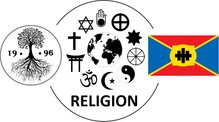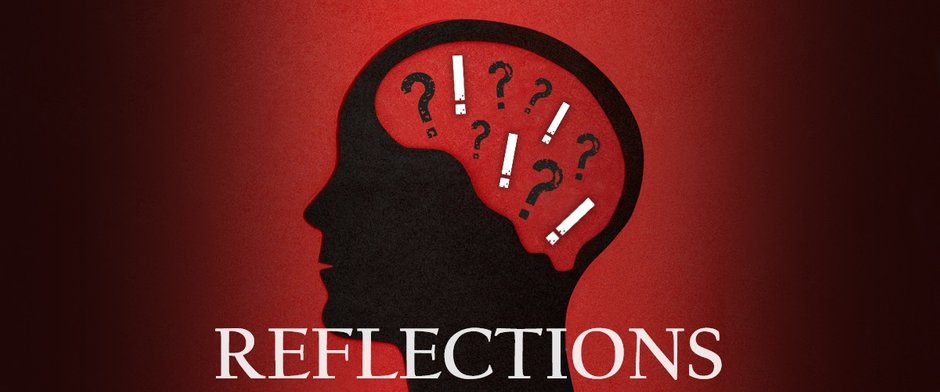RELIGION
Papers, reflections, and projects.
October 20, 2022
Here be Dragons.
Original Title: Here Be Dragons.
Language: English.
Statistics: 5 pages, 1059 words.
Read on
October 20, 2022
Here be Dragons.
Original Title: Here Be Dragons.
Language: English.
Statistics: 5 pages, 1059 words.
Read on
October 20, 2022
Here be Dragons.
Original Title: Here Be Dragons.
Language: English.
Statistics: 5 pages, 1059 words.
Read on
Was Jesus Jewish?
Was Jesus a Jew? Of course, Jesus was a Jew. He was born to a Jewish mother in Galilee, a Jewish part of the world. All of his friends, associates, colleagues, disciples, all of them were Jews. He regularly worshipped in Jewish communal worship, what we call synagogues. He preached from Jewish text, from the Bible. He celebrated the Jewish festivals. He went on a pilgrimage to the Jewish Temple in Jerusalem, where he was under the authority of priests. He lived, was born, lived, died, and taught as a Jew.
This is obvious to any casual reader of the gospel text. What's striking is not so much that he was a Jew but that the gospels make no pretense that he wasn't. The gospels have no sense yet that Jesus was anything other than a Jew. The gospels don't even have a sense that he came to found a new religion, an idea completely foreign to all the gospel text and utterly foreign to Paul. That is an idea that comes about only later. So, to say that he was a Jew is declaring a truism; it is simply stating a thought that is so obvious on the face of it that one wonders if it even needs to be said.
But, of course, it does need to be told because we all know what happens later in the story, where it turns out that Christianity becomes something other than Judaism. As a result, Jesus, in retrospect, is seen not as a Jew but as something else, as a founder of Christianity. But, of course, he was a Jew.
Christian Nationalism or Worshipping the Ego
In the eighteenth century, the nation was said to be based upon the people themselves, on their general will. It was no longer symbolized solely by allegiance to established royal dynasties. The worship of the people thus became the worship of the nation, and the new politics sought to express this unity by creating a political style that became, in reality, a secularized religion.
The idea of the nation had quasi-religious undertones: since a nation has no visible physical presence, it has to be believed in. Nationalism is the secular faith of the industrial age. God did not sanction the new state but the nation.
The fact that nationalism is considered the secular religion of the industrial age can help us understand why a person becomes nationalist. The people are just the true believers of this secular religion, and similar to what is happening with every religion.
People during that time were unorganized masses, a chaotic crowd in search of the longing for a healthy and happy world and for a true community exemplified by the aesthetics of politics in which all could join. Moreover, the driving force that led most people to embrace nationalistic ideas was the desire for permanence and fixed reference points in a changing world.
To offer these fixed points of reference, the founders of nationalism attributed paramount importance to the reconstruction of the nation's historical consciousness and the achievements of its language, art, and literature. Besides the factors they already noted, the right to possess their peculiar literature, the consecration of their maternal language, and the conviction that the respective people have their special missions in the history of the world attributed to them by fate. Human beings are living organizations with their own will and the proper mentality that will always help them choose what is best for them.
Therefore, we must not underestimate that many people are willing to identify and thus be politically united only with people who share their culture. I believe that the aspiration to belong to a culturally, economically, and even politically strong nation is an inherent characteristic of every person. Hence, we can say that nationalism is a secular religion, and a person becomes a nationalist because worshipping their own culture is like worshipping oneself.
















